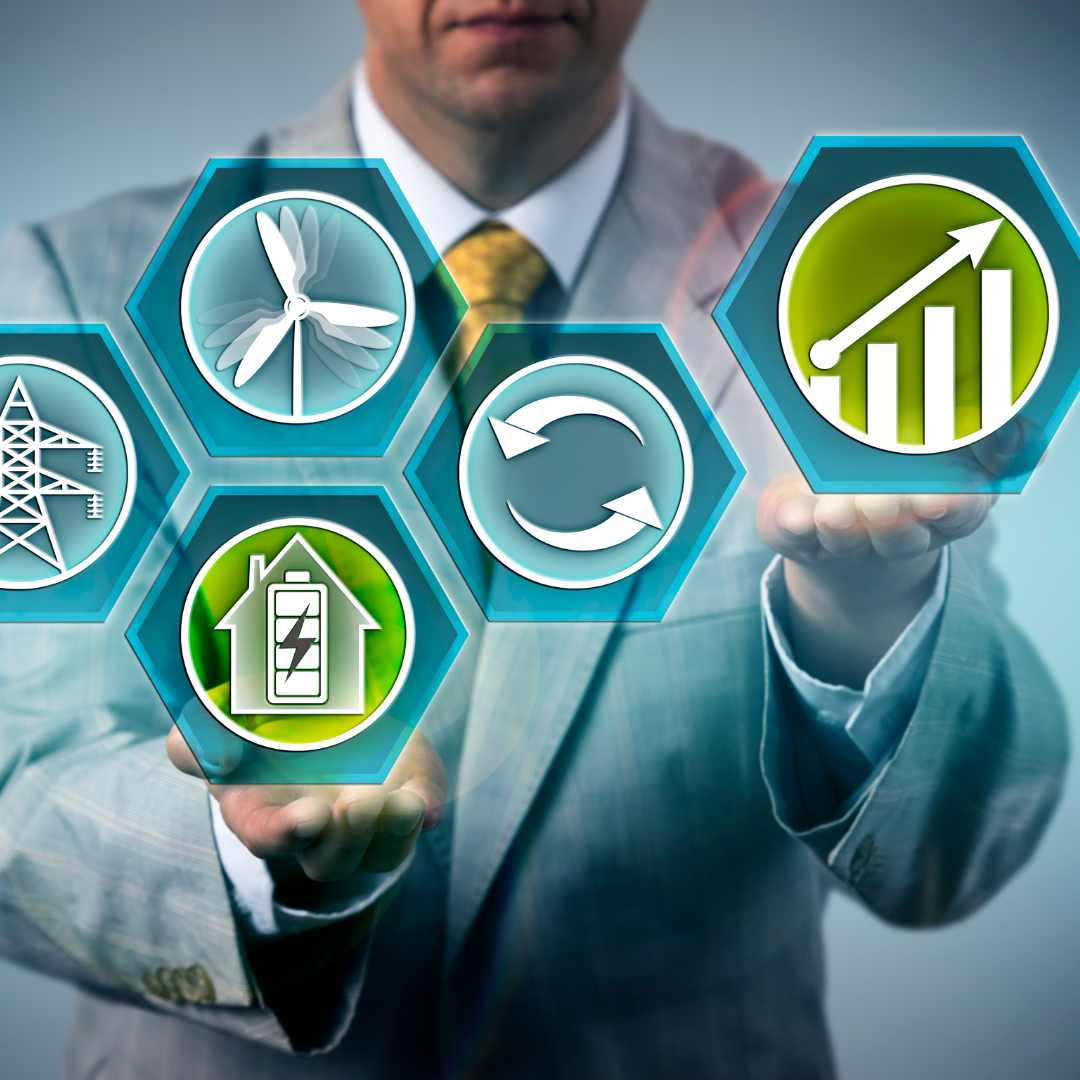Residential storage - Solar Power 24/7 available
15. März 2021
Solarpower - 24/7 available

There are many good reasons to have a photovoltaic system installed. The spectrum is large and ranges from purely economic considerations to idealistic motives.
Advantages of solar power
Photovoltaic systems generate predictable returns if they are professionally designed and constructed. They are durable, low-maintenance and largely wear-free. Due to the feed-in tariff anchored by law in the Renewable Energy Sources Act (EEG), which guarantees fixed compensation rates over a period of 20 years plus the year of commissioning, precise profitability forecasts can be made and favorable risk-return ratios achieved.
Photovoltaics can also be used to meet ecological efficiency and quality standards in new and existing buildings. For example, since the new Building Energy Act (GEG) came into force on November 1, 2020, the existing obligation to use renewable energies in new buildings can now also be met by solar power generated close to the building. Due to the increasing tightening of the legal framework in the area of energy efficiency in buildings, buyers of PV systems also acquire a piece of future security - in several respects.
Because the installation of PV modules also makes a contribution to environmental protection. Decentralized power generation pushes back conventional power generation sources with a poorer eco-balance, such as coal or petroleum, and avoids transmission losses.
Residential storage
Despite all the advantages, rethinking is needed to get the maximum benefit from photovoltaics.
The reason for this is, on the one hand, the reduced feed-in tariffs. For private operators of photovoltaic systems, it is now more lucrative to consume the electricity generated themselves than to feed it into the public grid, as the remuneration is lower than the price of electricity.
In addition, with the introduction of the EEG 2021, self-supply from plants with an installed capacity of 30 kilowatts or less was exempted from the EEG levy. Consequently, no "solar tax" has to be paid on self-generated electricity used to operate the heat pump or charge the e-vehicle.
This leads to an increased demand for residential storage, because classic photovoltaic systems cannot store electricity that cannot be used immediately. This leads to electricity generated during the day being fed into the public grid at a low price and bought back at higher kWh prices during the evening and night hours. Storing electricity and using it when it is really needed reduces both electricity purchase costs and one's environmental footprint.
At the same time, residential storage supports the energy and mobility transition by putting less strain on the public power grid and thus reducing expansion needs in transmission and distribution networks. These are being discussed due to the increasing penetration of electric vehicles.
Storing electricity is also useful in the event of power outages in the wake of storms or grid disturbances, as important consumers such as heating systems can still be operated when the lights go out elsewhere.




